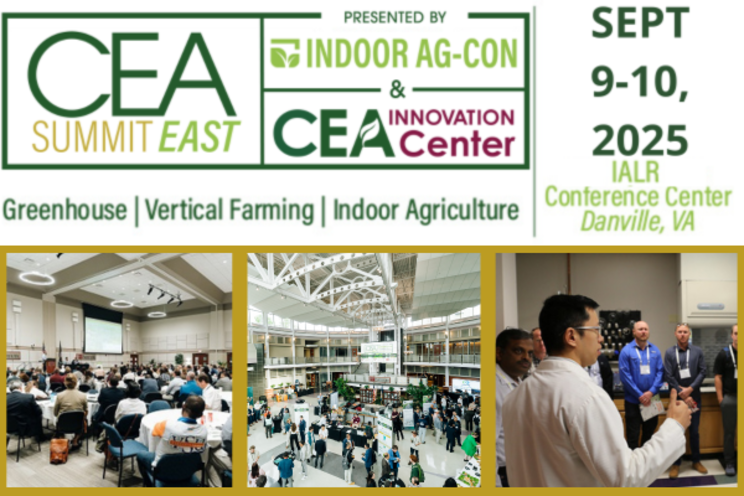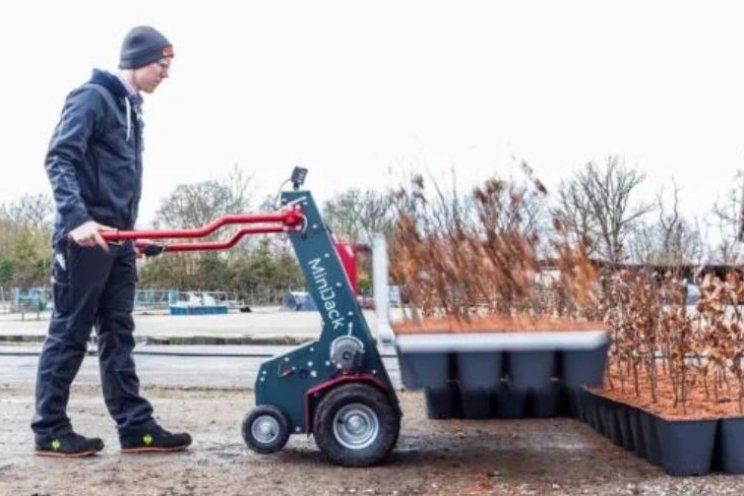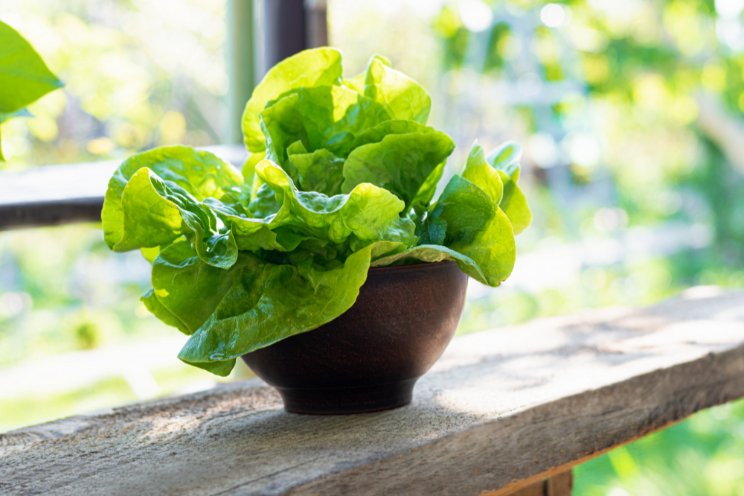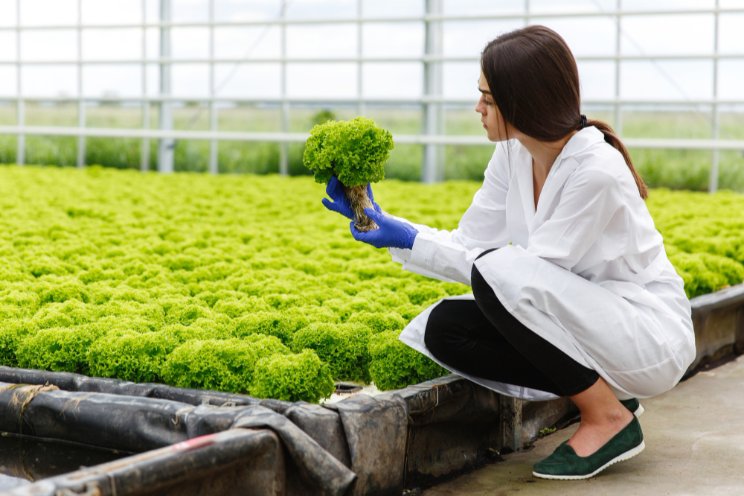FMI: Indoor farming carries its own food-safety risks
Added on 28 April 2022
As high-tech indoor and vertical farming facilities see their presence grow across the United States, retailers must be mindful and deliberate about safeguarding the trust that consumers have in grocery-store produce, a food-safety director with FMI-The Food Industry Association asserts in a recent blog post.
Ashley Eisenbeiser, senior director of food and product safety programs for FMI, notes that 85% of Americans say they have confidence in the safety of fresh fruits and vegetables they buy from a supermarket, according to FMI's The Power of Produce 2022 report. But as more indoor farms come online in markets across the U.S., it's crucial to recognize the unique food-safety challenges that indoor produce production can carry, Eisenbeiser writes.
Controlled environment agriculture (CEA) operations, such as hydroponics and indoor farming, have gained in popularity as consumers seek fresh produce that is sourced locally. Older generations (boomers and Gen Xers) report a greater interest in locally sourced and grown produce, while younger generations (millennials and Gen Zers) have a greater interest in organic, sustainably grown, and hydroponic or greenhouse-grown produce, according to FMI's report.
As such, the footprint of indoor farming facilities is growing. Earlier in April, vertical farming company Kalera opened a 90,000-square-foot facility in Aurora, Colo., that will locally grown lettuce and microgreens to Denver area residents. The facility is Kalera's fifth domestic farm, joining a U.S. footprint that includes farms in Atlanta and Houston as well as two in Orlando.
Photo created by wayhomestudio - www.freepik.com
Source: Winsight Grocery Business
More news















